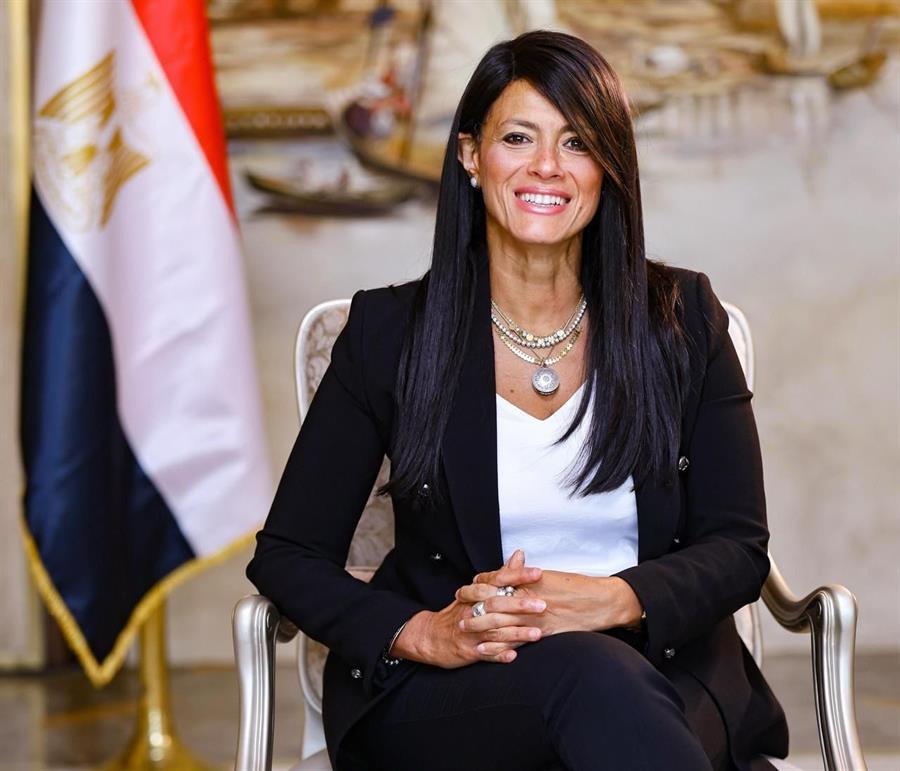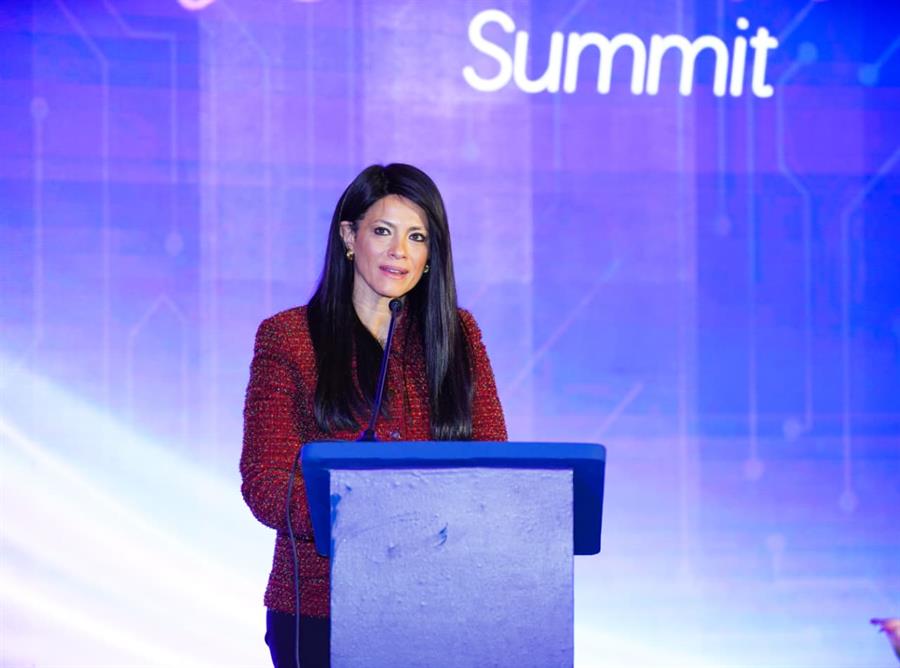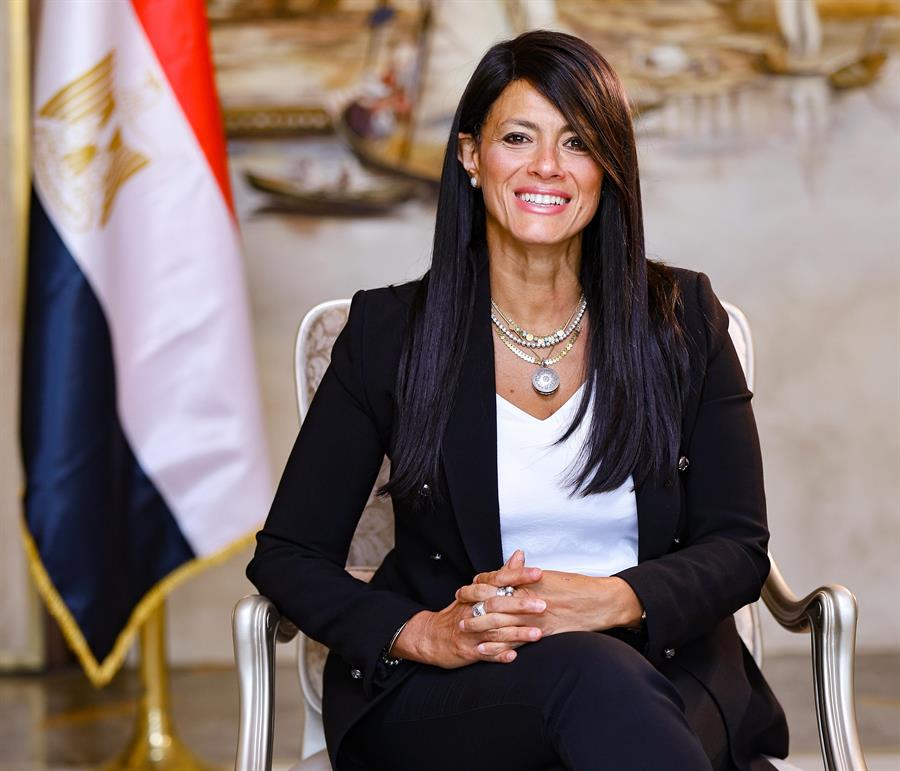On the WSG sidelines: Egypt’s Planning Minister participates in a session entitled "Future Governments 2030: Ambition & Vision"

14 February 2023
H.E. Dr. Hala El-Said, Egypt’s Minister of Planning and Economic Development participated recently in the "Future Governments 2030: Ambition and Vision" session during the second session of the Arab Government Administration Forum, which was launched under the title "Government Digital Transformation and its Role in Accelerating Efforts to Develop Arab Government Administration".
The aforementioned forum is taking place on the sidelines of the World Government Summit (WGS) 2023.
Under the theme of Shaping Future Governments, the World Government Summit 2023 takes place from 13 to 15 February in Dubai, the capital of the United Arab Emirates.
During her speech at the session, El-Said referred to the economic and geopolitical challenges that the world is witnessing.
El-Said explained that at a time when the global economy had not fully recovered from the repercussions of Covid 19, the Russian-Ukrainian crisis emerged that caused high inflation to reach historical rates.
El-Said noted that Egypt was not immune to all of these international changes, and was greatly affected by the successive crises, too, especially those of similar emerging economies that suffered significant increases in their import costs due to the vulnerability of their supply chains and the unprecedented rise in inflation rates.
El-Said explained that the Egyptian state moved quickly and deliberately to confront these crises through short-term policies and urgent measures to mitigate the effects of crises, including raising the minimum wage, raising the minimum tax exemption, and continuing to provide financial support for targeted families through ration cards.
El-Said highlighted that the Egyptian government launched the National Program for Structural Reforms in April 2021 which is considered an extension of the National Program for Economic and Social Reform that was launched in 2016.
The program aims to build on the success in achieving macroeconomic stability, which created the fiscal space for us to overcome the Covid-19 crisis with minimal losses. This is the first program that targets the real sector of the economy and mainly aims to strengthen the private sector's role and raise the labor market's efficiency.
Furthermore, El-Said added that in light of all the global changes and challenges, the Ministry of Planning and Economic Development saw in 2018 the need to update Egypt's Vision 2030, which is a living document affected by political, economic, and social changes at the local, regional and international levels.
El-Said emphasized that since the start of the updating process, the Ministry of Planning and Economic Development has adopted a participatory approach, in line with the participatory approach adopted by the Egyptian state when developing and planning all national strategies and programs.
She noted the Egyptian state's serious intention to achieve digital transformation, intensifying investment in the fields of information technology and stimulating creativity and innovation.
The Egyptian state doubled its telecommunications and information technology investments to exceed EGP 82 billion in the years from 14/2015 to 22/2023, with an increase of 2,200%, exceeding 20 times over the 2014/2015 fiscal year, according to El-Said.
Moreover, El-Said spoke of the Ministry of Planning and Economic Development's role in digital transformation through several programs, including the Government Services Development Project, such as new municipalities and urban communities, and the development of government services through the development of mobile technology centers.
El-Said also asserted that Egypt's New Administrative Capital project comes within the framework of the Egyptian State's development orientation for the expansion of major national projects, including the establishment of cities of the fourth generation.









